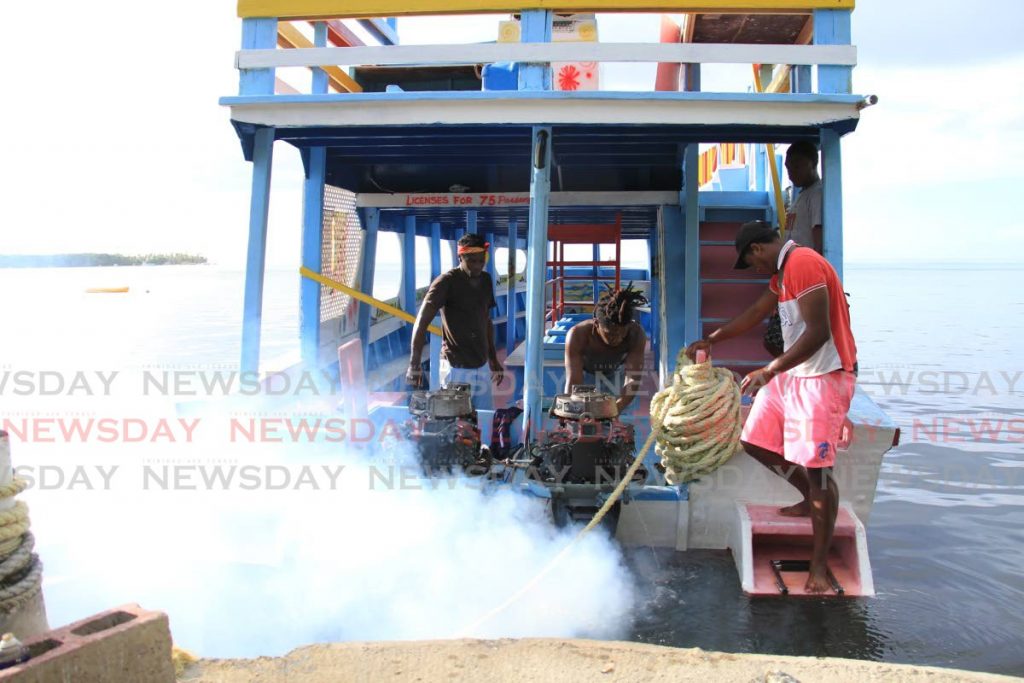Let’s go Tobago

Earlier this month, chairman of the Tobago Chamber of Industry and Commerce Diane Hadad called on Government to reopen the island’s economy. But on Saturday, the Prime Minister exercised caution and declined to reopen the island completely.
However, he announced some concessions. Marine park operations are to recommence, Dr Rowley said. The Division of Forestry, Food Production and Fisheries followed up by issuing special passes to Buccoo Reef boat operators days later.
Another concession was the increase in the airlift.
Such measures were clearly not designed to revolutionise the island’s economy. Rather, the stated intention is to bring a trickle of economic activity.
Dr Rowley’s intervention, coupled with Finance Minister Colm Imbert’s budget announcement of a brand-new fast ferry by the end of this year, make it clear that the Government is banking on domestic tourism as a means to support Tobago for the moment.
But is such reliance not simply a Band-Aid?
The new fast ferry will have the capacity to transport 926 passengers and 250 cars in comfort at a speed of 37.5 knots. A sister ship, the Buccoo Reef, is scheduled to arrive shortly afterwards. According to Mr Imbert, these two things alone “will transform the vacation experience in Tobago and inter-island transport.”
Of course, the economic impact will extend beyond the tourism sector. Increased linkages will stimulate activity as a whole.
There are many, though, who would like to see substantially more. There is still the belief in some quarters that Tobago has the potential to reopen to international tourists and to perhaps adopt forward-looking strategies, such as the temporary visa being offered by nearby Barbados to foreigners who would like to relocate and “work from home” there.
At the same time, the Government has rightly pointed to a more radical diversification approach in which tourism is not necessarily the central pillar. It has spoken of boosting agriculture and even green energy.
In the context of the $2.2 billion allocation to Tobago – it requested $4.7 billion – it seems clear, though, that the wiggle room for more ambitious reform is tight. The pending issue of constitutional reform, as well as looming elections, also add another layer of complication in terms of policy and planning.
Nor can moving the island ahead involve recklessly reopening the borders.
At the same time, Tobago must not depend only on tourism, nor can the State trumpet sectors that require a great deal of time and resources to bear fruit. What about calls for a revamped tax and legislative environment, such as that repeatedly made by Martin George of the Tobago Business Chamber? Holding out the prospect of incentives, concessions, grants, and financial support – as the State has done – without specific, bolder plans for the island is a recipe for stagnation.
Amid all of this, the Cabinet hopes to get a Tobago self-governance bill – currently preserved before a Parliament committee – passed with opposition support. Assuming such a mammoth change can be enacted, unless the state of the island is substantially revamped, it will be off to an inauspicious start.


Comments
"Let’s go Tobago"